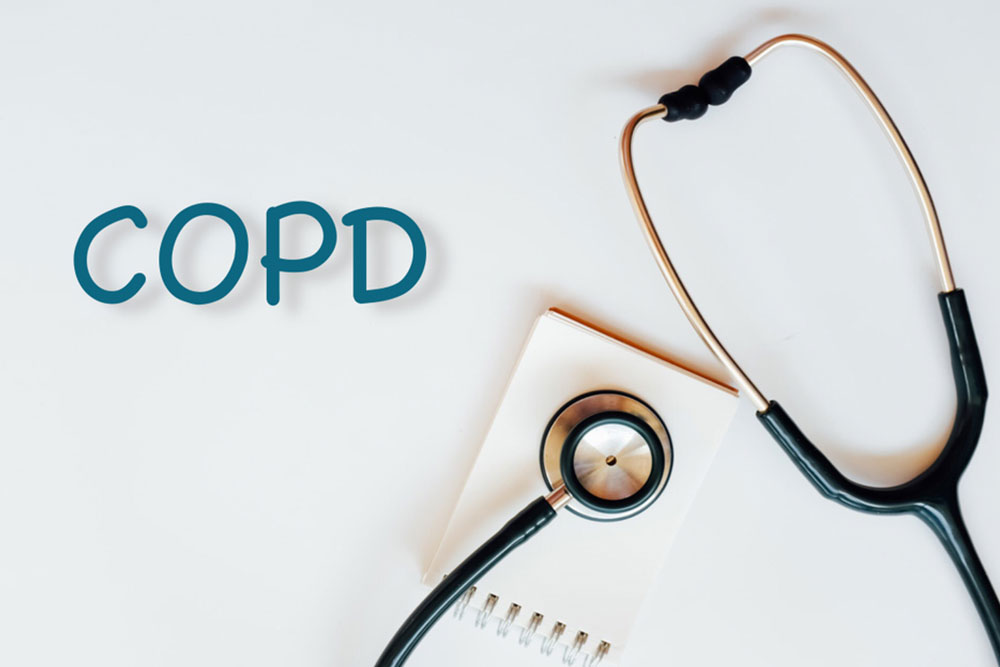
How COPD is diagnosed and treated
Chronic obstructive pulmonary disease (COPD) is a lung disorder in which breathing becomes difficult due to chronic inflammation in the lungs. COPD is characterized by shortness of breath, weakness, recurrent lung infections, congestion and tightness in the chest region, excessive production of phlegm, wheezing, and coughing.
Types
COPD comprises a group of several lung disorders such as emphysema, bronchiectasis, and chronic bronchitis.
- Emphysema
It can develop due to smoking, which is known to damage the alveoli of the lungs. As smoking causes chronic inflammation and tissue damage in the lungs, a decreased number of alveoli, which are less elastic, are available for normal lung function, leading to emphysema. - Chronic bronchitis
It develops due to chronic inflammation in the airways. Inflammation in airways causes tissue scar formation and thickening. Excessive production of mucus further blocks the airways, leading to breathing problems. - Bronchiectasis
In bronchiectasis, frequent infections of the respiratory tract cause a dilation of the airways. The inflammation due to infections leads to excessive mucus production, and this leads to a severe blockage of the airways.
Diagnosis
The diagnosis for COPD may include the following tests.
- Blood tests
A blood test will measure the concentrations of the arterial blood gases, hemoglobin count and complete blood count. - X-ray
X-ray of the chest can detect emphysema, the main culprit for COPD. It also helps in ruling out other problems of the lungs and the heart. - CT-scan
It is performed to detect emphysema and lung cancer. - Pulmonary function tests
Spirometry is generally used to measure the amount of air that is inhaled and exhaled. It is a useful diagnostic method used to understand the amount of oxygen delivered to your tissues by the lungs. Spirometry can detect COPD before the symptoms develop. It is also employed for understating the disease’s progression and the efficacy of the treatment. - Screening for AAT deficiency
One of the genetic causes of COPD is the deficiency of alpha-1- antitrypsin (AAT). A laboratory test can be performed to understand if AAT deficiency is the cause of COPD.
Treatments
- Medications
Commonly uses medications for the treatment of COPD include inhalation of corticosteroids (they reduce inflammation in the airways), antibiotics (they clear bacterial infections), bronchodilators (they help in relaxation of airways muscles) and oral steroids (they keep COPD symptoms under control). - Oxygen therapy
Oxygen therapy is provided in cases where the lungs are unable to deliver enough oxygen to the tissues. This therapy can enhance the quality of life and is the only proven treatment strategy to increase the patient’s lifespan. - Pulmonary rehabilitation program
It is a combination of several strategies such as education, counseling, dietary changes and exercise, and helps in improving the quality of life. - Lung surgery
Lung surgeries can be used to remove the scarred tissues from the lungs. Lung transplantation in severe cases is advised.
COPD is a chronic inflammatory disorder of the respiratory tract and can adversely affect the quality of life of a patient. Timely intervention is needed to prevent the disease’s progression and fatalities.



